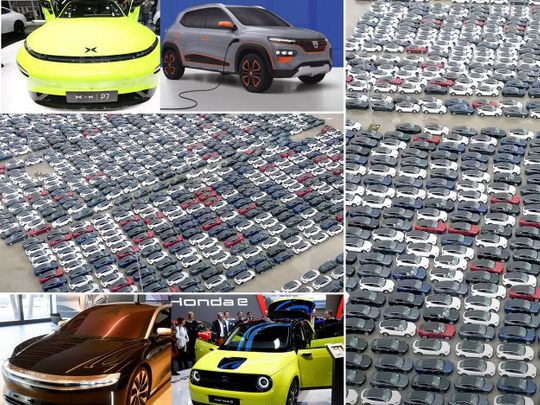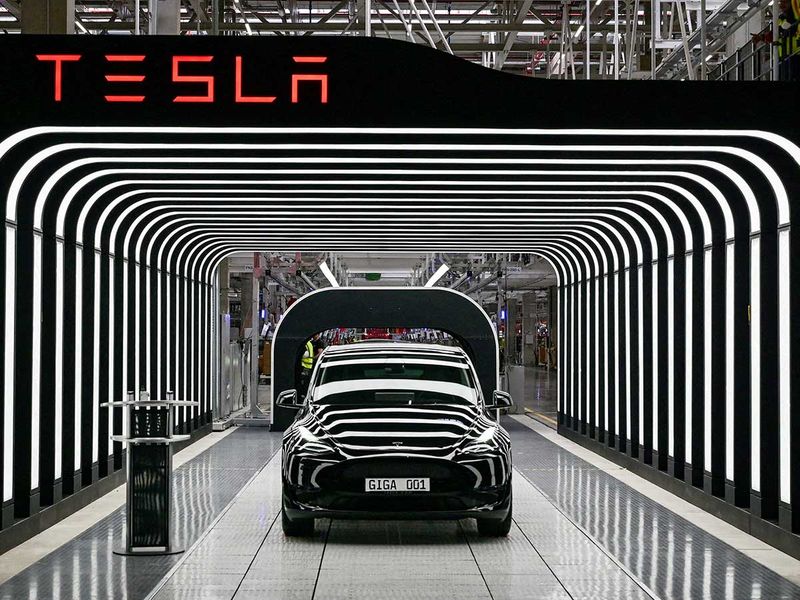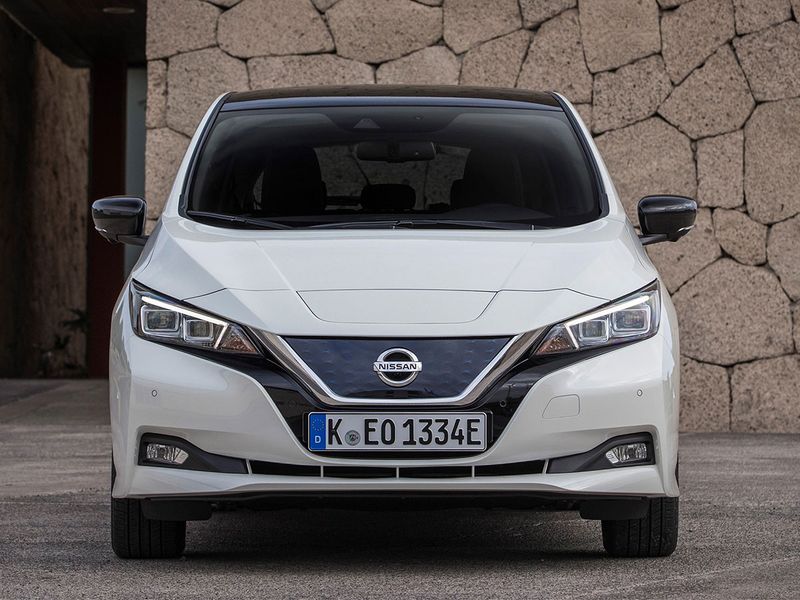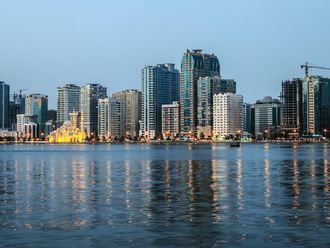
Manila: Electric vehicles are exorbitantly priced in the Philippines, sometimes double their US retail price. Example: Nissan Leaf, a plug-in electric vehicle (EV), still costs about today Php3 million pesos ($56,000, about Dh210,000) in the Philippines.
The same model costs just $27,400 (for the base S trim) to $31,800 in the US. Second-hand or brand-new Teslas are only available, at between Php8 to Php10 million ($189,119), and only in the grey market.
On paper, the Asian country seeks to reduce its fossil fuel dependence and embrace renewables.

Regional EV competition
In the Asean, the regional EV competition is hotting up. It’s being waged on three fronts — legislative, regulatory and industrial (though the country is a leading producer of nickel, a key component in the manufacture of EV batteries).
What we know so far:
> Indonesia, the world’s top nickel producer, is reportedly hosting a Tesla battery factory and car-making facility at Central Java Industrial complex.
> Vietnam is the most advanced, with its own EV brand now in the form of VinFast.
> In Malaysia, buyers are spoilt for choice as multiple EV brands — Porsche, BMW, Hyundai, Volvo, Mercedes-Benz, Tesla, MG and Audi — are now available in the market.
> Kuala Lumpur has also taken a pro-active stance to encourage EV use — providing an exemption on import duty and more.

Incentives: Game-changing move
After years in being confined in the backburner, legislation aimed to speed EV adoption in the Philippines has finally been approved as President Rodrigo Duterte’s watch comes to a close.
Manila is set to roll out at least six incentives following the approval of the Electric Vehicle Industry Development Act (EVIDA).
Among others, it provides for excise exemptions for EVs, road congestion exemptions, mandating installation of charge points in new buildings, and encourages EV charging points at fuel pumps.
Passage of the law is one of the last acts of the Duterte government (whose term ends on June 30).
EV industry supporters say the country could finally play catch-up with neighbours.
> EVIDA was published in the online Official Gazette on April 16, 2022.
> Incentives have been thrown in to help investors and buyers.
> Industry groups have proposed scrapping of the 30% most favoured nation (MFN) tariff on completely built-up EVs.
> In practice, scrapping the MFN tariff status on completely built-up EVs would drop the 30% import taxes on EVs, in line with the trend in most Asean countries, and the rest of the world.
Some of the takeaways from the new law.
(1) Exemption from the number coding scheme
The law provides that EV owners will be exempt from ”number coding” road congestion measures.
(2) Registration perks
EVs will be given “priority registration and renewal” with the Land Transportation Office (LTO) under the new law. Again, the details had been issued yet — this could be a speedier car registration/renewal process.
(3) Registration Fee Discounts
Under the law, a 30% discount for motor vehicle users charge (MVUC) will be given for full EVs; and 15% off for hybrids.
(4) A special EV license plate
EVs will be issued a special type of license plate under the EV Industry Development Act. Though details on this bit are scant, this could boost EV usage.
(5) Dedicated parking slots
As the EV Industry Development Act finally kicks in, both public and private establishments are mandated to dedicate a portion of available parking spaces for EV use. In a building — or mall — with 20 parking slots, the law mandates at least 5% (1) must be set aside for EVs.
6) Excise tax exemptions
This is the big one — but details, again, remain scant. Under the law, EVs will be entitled to tax incentives — under the Tax Reform for Acceleration and Inclusion (TRAIN) law. This means hybrids get 50% off applicable excise taxes, while full battery EVs get a 100% excise tax exemptions.
The move is expected to entice car brands to increase volume, which in turn may reduce costs.
Unknown
Trade Secretary Ramon Lopez, hailed the law’s passage, stating the Philippines is now in a position of strength to further woo hi-tech investments and create high-value jobs as the world shifts to renewable transport with a clear policy direction.
Two industry groups are at loggerheads over import tax exemptions. Recently, the Chamber of Automotive Manufacturers of the Philippines, Inc. has called for the inclusion of all EV technologies — including hybrid EVs, in the proposed scrapping of the 30% most favoured nation (MFN) tariff on completely built-up EVs.
However, the Electric Vehicle Association of the Philippines (EVAP) has asked the government to exclude hybrid EVs (HEV) — and limit the zero tariff privilege to full EVs and plug-in hybrid electric vehicles (PHEVs) only.
The decision may now be left with incoming administration of President-elect Ferdinand “Bongbong” Marcos Jr, who could decide on zero-import tariff privileges. Marcos Jr is a key advocate pushing for renewables.



